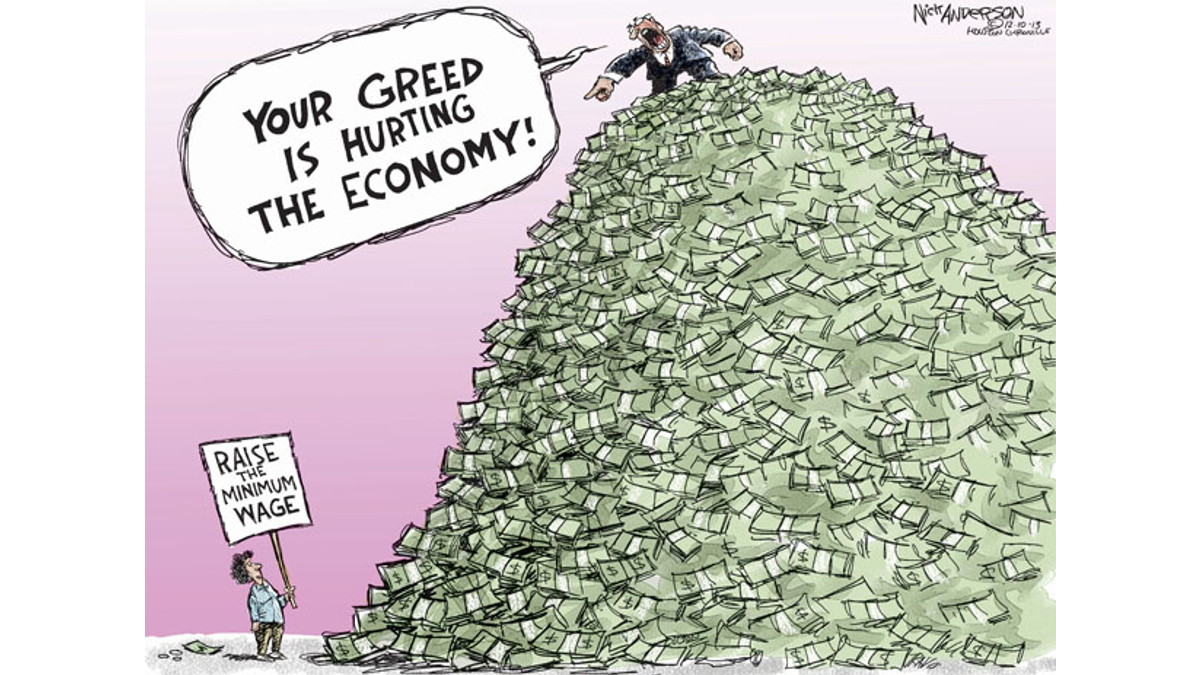Cato upcoming events
![]()


| BOOK FORUM |
| September 12, 2022 • 4:30PM – 6:00PM EDT |
| Generations of people have been taught that population growth makes resources scarcer. In 2021, for example, one widely publicized report argued, “The world’s rapidly growing population is consuming the planet’s natural resources at an alarming rate.… The world currently needs 1.6 Earths to satisfy the demand for natural resources … [a figure that] could rise to 2 planets by 2030.” But is that true? After analyzing the prices of hundreds of commodities, goods, and services spanning two centuries, Marian Tupy and Gale Pooley found that resources became more abundant as the population grew. That was especially true when they looked at “time prices,” which represent the length of time that people must work to buy something. The authors also found that resource abundance increased faster than the population―a relationship that they call “superabundance.” They conclude that, on average, every additional human being creates more value than he or she consumes. Please join us for the official launch of Cato’s latest book: Superabundance: The Story of Population Growth, Innovation, and Human Flourishing on an Infinitely Bountiful Planet.Featuring co-authors Gale L. Pooley, Brigham Young University–Hawaii, and Marian L. Tupy, Cato Institute; David M. Simon, Committee to Unleash Prosperity; and Lawrence H. Summers, Harvard University. Moderated by Ian Vásquez, Cato Institute. Join us in person or online September 12 at 4:30PM EDT. Submit questions in the comment box on the event page and join theconversation on social media using #CatoEvents. |

| LIVE ONLINE POLICY FORUM |
| September 14, 2022 • 4:00PM – 5:00PM EDT |
| We typically think of school choice as something that benefits students by helping them find the educational options that work best for them. But teachers also benefit from more options. In the past, the vast majority of teaching jobs have been in conventional public schools. But educational entrepreneurship—encouraged by expanded school choice programs—is changing the landscape.But many teachers are unfamiliar with school choice programs and alternative education opportunities or don’t realize how they can benefit from these options. Red tape, lack of autonomy, and inability to serve kids’ needs are some of teachers’ biggest complaints. The Cato Institute will be hosting a virtual panel of former public school teachers sharing their experiences within a variety of teaching environments. This will be an opportunity for teachers to learn about other options and see how they can create their own paths with nearly limitless possibilities.Featuring Dr. Angela Kennedy, Deeper Root Academy; Kimberly Brown, KaiPod; and Tom Bogle, Prenda Microschools. Moderated by Colleen Hroncich, Cato Institute. Join us online September 14 at 4:00PM EDT. Submit questions in the comment box on the event page and join theconversation on social media using #CatoCEF. |

| CONFERENCE |
| September 16, 2022 • 10:30AM – 7:00PM EDT |
| Cato’s annual Constitution Day symposium marks the day in 1787 that the Constitutional Convention finished drafting the U.S. Constitution. We celebrate that event each year with the release of the new issue of the Cato Supreme Court Review and with a day‐long symposium featuring noted scholars discussing the recently concluded Supreme Court term and the important cases coming up.Topics Include: Constitutional Structure Freedom of Speech, the Press, and ReligionGuns, Drugs, and AbortionLooking Ahead: October Term 2022With the Annual B. Kenneth Simon Lecture address by Akhil Reed Amar, Yale University. Five Virginia CLE credits will be offered to attendees. Join us in person or online September 16 at 10:30AM EDT. Submit questions in the comment box on the event page and join the conversation on social media using #CatoSCOTUS. |

| LIVE ONLINE POLICY FORUM |
| September 22, 2022 • 1:00PM – 3:00PM EDT |
| In the more than 50 years that the Freedom of Information Act (FOIA) has been on the books, it has helped revolutionize Americans’ understanding of how their government works in practice. But the agencies and departments of the executive branch that are covered by the FOIA have persistently attempted to thwart its effective implementation. The most recent statutory update to FOIA took place in 2016, and with several years of experience with the revised law behind us, it’s fair to ask: Is FOIA working better now? If not, why not? What is it like to battle federal agencies and departments weekly to pry loose information dealing with immigration policy, telecommunications policy, and the national security establishment? What additional changes to FOIA are needed to truly make the law work as intended? Join our expert panel as we discuss these and related issues.Featuring Emily Creighton, American Immigration Council; Lauren Harper, National Security Archive; and Ginger Quintero‐McCall, Demand Progress. Moderated by Patrick G. Eddington, Cato Institute. Join us online September 22 at 1:00PM EDT. Submit questions in the comment box on the event page and join theconversation on social media using #CenturyofSurveillance. |



